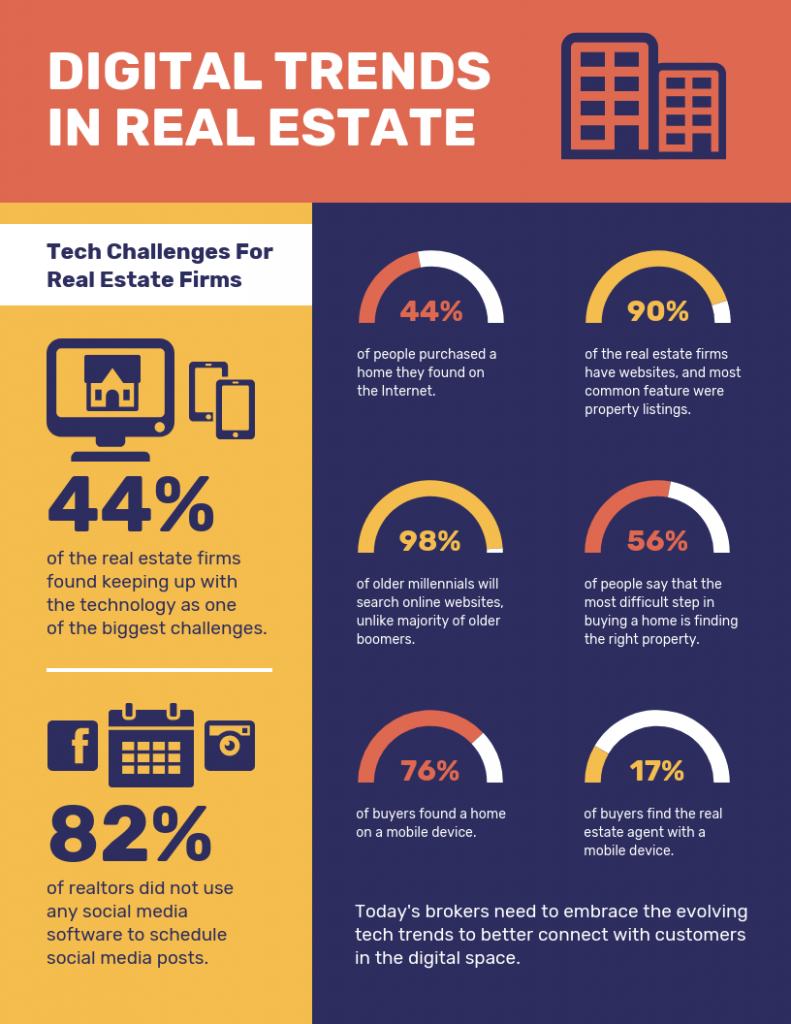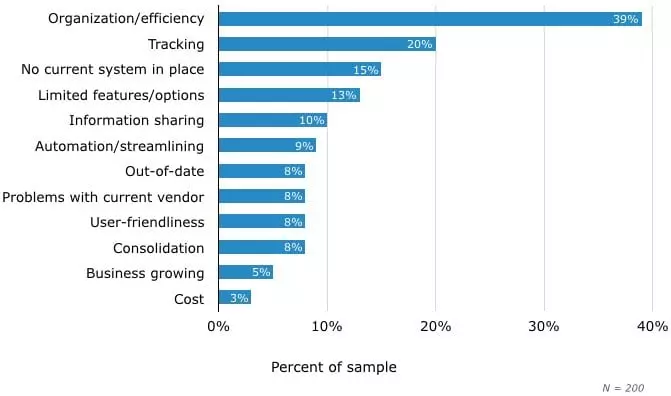How to Improve Client Relations as a Real Estate Developer

Real estate development entails a lot of responsibilities— the most important one is to ensure your client’s welfare. But this can be particularly difficult to do without a proper system. Using a software designed for real estate developers, companies can get the basic tasks done in no time so they can focus on more important ones. This type of software received so much support from the industry that, in fact, the Real Estate Management Software Market is estimated to hit $12.89 Billion by 2025.
But what is a CRM and how can it help real estate developers?
What is a CRM?
Customer relationship management (CRM) is a system or approach to management with the goal of enhancing business relationships with potential customers and existing ones.
This approach is heavily integrated into software called CRM software (or most commonly known as just CRM). This type of software is designed and developed to help users manage client information and perform tasks efficiently to improve customer satisfaction. In the end, the software aims to help users improve business relationships with leads and clients to make them last longer.
Real estate development statistics
The average home value increase in price per year by about around 3.5% to 3.8%.
In the US alone in 2018, real estate development contributed more than $2.7 trillion to the country’s economy.
Around 98% of home buyers start their search online.
Buyers search for a new home for three weeks before contacting a real estate agent
Around 73% of homeowners claim that they are more likely to buy from a real estate agent who uses video to sell property
Agents that use technology such as CRM are more than twice as likely to earn higher than those without

There are so many missed opportunities for real estate firms that have failed to adapt digitally.
What CRM do real estate agents use?
Many real estate developers or agents use different types of software. Software providers for real estate developers include:
Saphyte
HubSpot
Zillow Premier Agent CRM
AgileCRM
Streak CRM for Real Estate
Apptivo
Bitrix24
Contactually
Wise Agent
It is highly suggested that real estate companies identify their needs first before choosing a CRM software provider. Some CRMs specialize in certain industries. Book a free demo or consultation first to determine whether a CRM of your choice can meet your company’s needs and demands.
How does CRM help real estate developers?
According to Software Advice, around 72% of businesses still use manual methods to manage customer relationships. This can be inefficient and slow, which may turn off prospective customers. How can CRM help change the game for real estate developers?
1. It organizes messy records and documentation
Many companies find it extremely difficult to organize customers’ records and documents— and manually retrieving files can get a bit slow and messy too. A CRM can help create an efficient system for real estate companies. Imagine only typing in a customer’s name and you’ll see all the relevant details related to that customer.
With CRMs’ other features, you can also quickly modify a customer’s data, add files, notes, or documents related to that customer, or quickly include that customer in the automated marketing activities of the company.
While all these can be done manually, using online spreadsheets, for example, CRMs are designed for ease of use, making it easy for sales and marketing teams to perform their tasks and allow them to focus on more important ones.
2. It helps real estate agents track their performance
Real estate agents need to monitor their performance to ensure that the business is still earning, but this can be hard when there’s tons of data to work with. And especially hard when the company is unable to record business data well.
What CRMs do is allow companies to automate the generation of insights— how many leads the company is getting, how many deals have been closed for the month, etc. — and display these insights on a customizable dashboard. These dashboards can be accessed by members of the sales or marketing team. They can also be restricted to allow competition among teams.
3. It eliminates manual, boring, and repetitive work
Companies run on work processes— like gathering contact information about leads to engage them and encourage them to make a purchase, thanking them for making their first purchase, or encouraging them to explore other products and services in case they don’t follow through, giving discounts to customers who have recently made a purchase, etc.
Most work processes are designed to improve the company’s sales. But some parts of these processes can get repetitive and boring and demoralizing— which can all be solved by getting a CRM.
With CRMs’ automation features, manual and repetitive work processes can be eliminated. And hours of painstaking work can be effectively reduced into seconds.
4. It helps real estate companies send quotes and invoices the smart way
CRMs provide a centralized platform for all your important tasks so you won’t have to jump between platforms to perform tasks such as sending quotes or invoices. With a CRM, your contact’s history and data can be accessed automatically allowing you to personalize your quotes and invoices according to your preferred design. You can then immediately email this file to your contact.
Addressing pain points in the industry
These pain points include:
Organization
Efficiency
Tracking
Lack of System in Place
Information-sharing
Automation or Streamlining of Tasks

Modernize Your Real Estate Firm Now
Have the edge over your competitors using technology. Modernize your company now.
Book a Demo